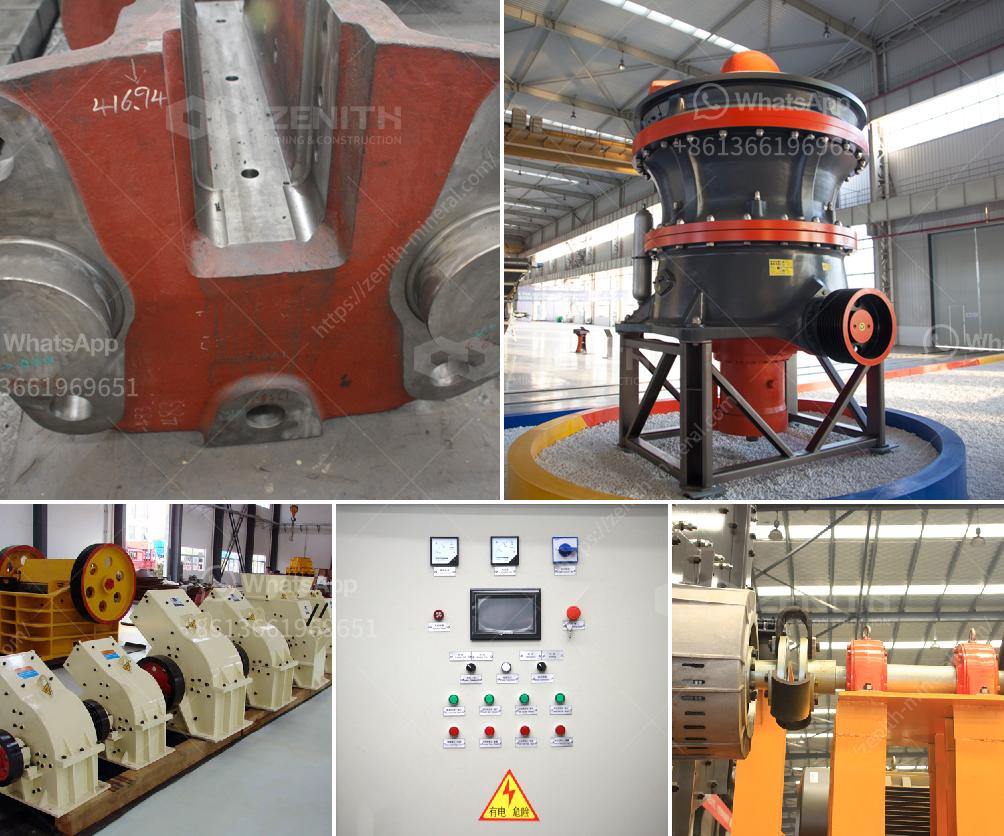The cost of a mine crusher machine can be influenced by several factors, including:
Type of Crusher: Different types of crushers (jaw, cone, impact, gyratory) have varying costs due to their design and functionality differences.
Capacity: Crushers with higher capacity will generally be more expensive. Larger machines are capable of handling more material and processing it faster.
Material and Build Quality: The materials used in the construction of the crusher, such as high-grade steel or other wear-resistant materials, can affect durability and cost.
Technology and Features: Advanced features such as automation, environmental controls, and safety features can increase the cost.
Brand and Manufacturer: Established brands with a reputation for quality and reliability may charge more for their equipment compared to lesser-known manufacturers.
Size and Physical Dimensions: Larger machines not only cost more in terms of materials but may also incur additional transportation and installation costs.
Efficiency and Energy Consumption: More efficient machines can have higher upfront costs but may offer savings in operational costs over time.
Customization and Upgrades: Custom equipment tailored to specific needs or with upgraded features will generally be more expensive.
Market Demand and Supply: Market conditions can affect the price due to supply and demand dynamics.
Location and Logistics: Costs related to transportation, import/export duties, and installation may vary based on the mine's location and the proximity to the equipment manufacturer.
Service and Warranty: Longer and more comprehensive warranty and service packages can add to the cost but may provide better support and reliability in the long run.
Regulatory and Compliance Requirements: Compliance with local and international mining safety and environmental regulations may necessitate additional features, impacting the cost.
These factors, individually or combined, contribute to the overall cost of a mining crusher machine.
